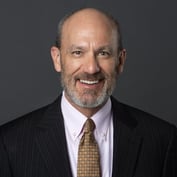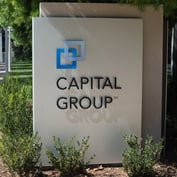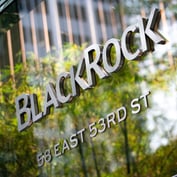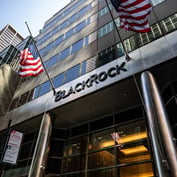Three months or so ago I read something or other — was it in the Wall Street Journal? — that opined that Buffett was finished and that Berkshire’s best days were long gone. I also heard words to that effect on the PBS series Marketplace the next day. What did I do? I bought more Berkshire shares for my customers and for me. A week or two later, Berkshire, according to Bloomberg, made something like $1.5 billion on Goldman warrants, and a week after that another paper profit of $1 billion or so from BYD, the Chinese battery and auto company that is owned about 10% by Berkshire Hathaway. (Those warrants have since appreciated significantly in value.) Maybe it’s a contrary sign when people say that Buffett has lost it, since this ain’t the first time we’ve gone through the cycle. What do you think?
(With Berkshire’s recent purchase — it now owns 100% of Burlington Northern Sant? Fe, the nation’s 2nd-largest railroad — the Berkshire B stock will be split 50-1; the new price should be around $65-$70 per share. This will allow Burlington shareholders to transfer tax-free to Berkshire stock. It will also allow many smaller clients to buy shares of one of the greatest value plays, a low-fee, transparent investment.)








 November 11, 2009 at 07:00 PM
November 11, 2009 at 07:00 PM










